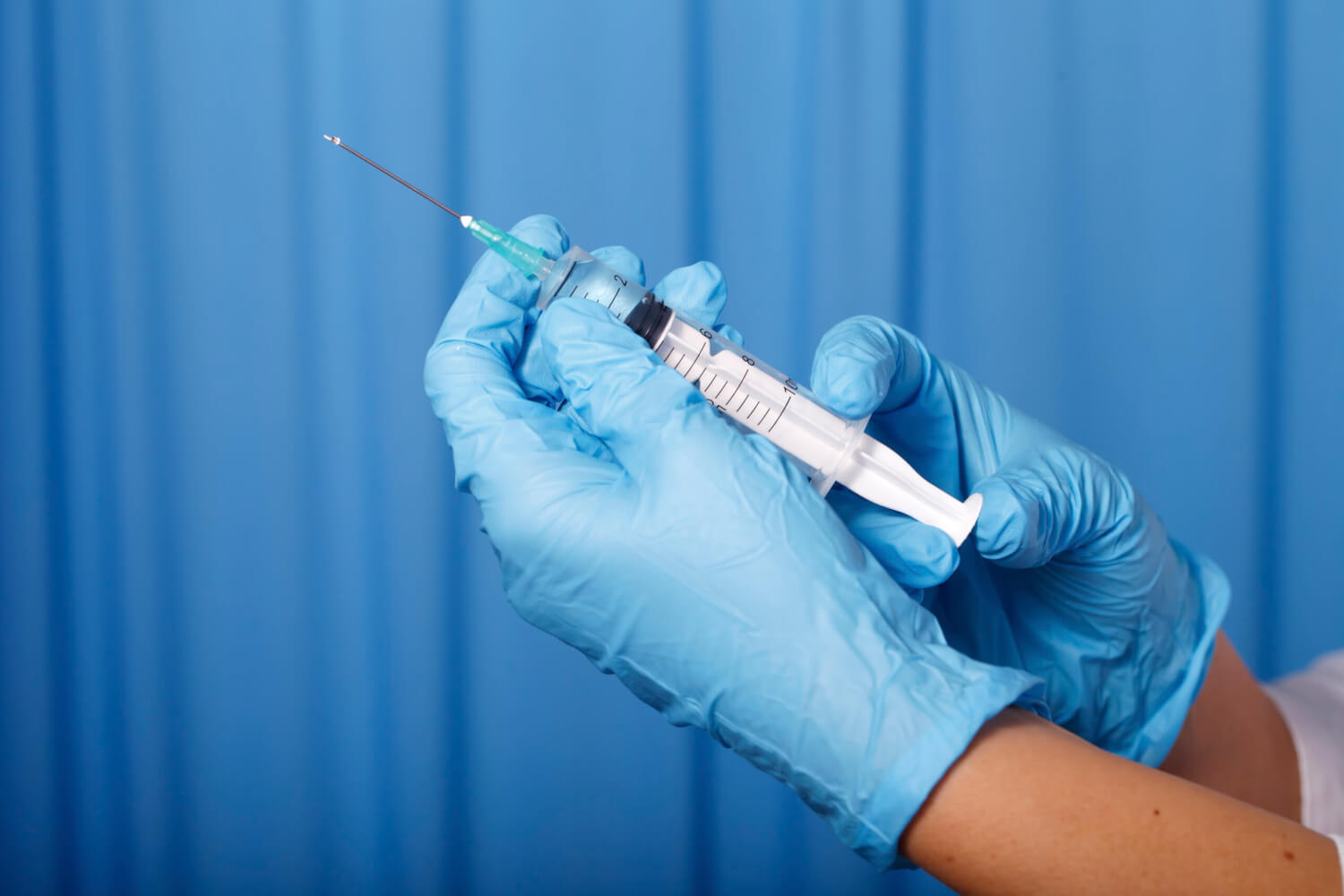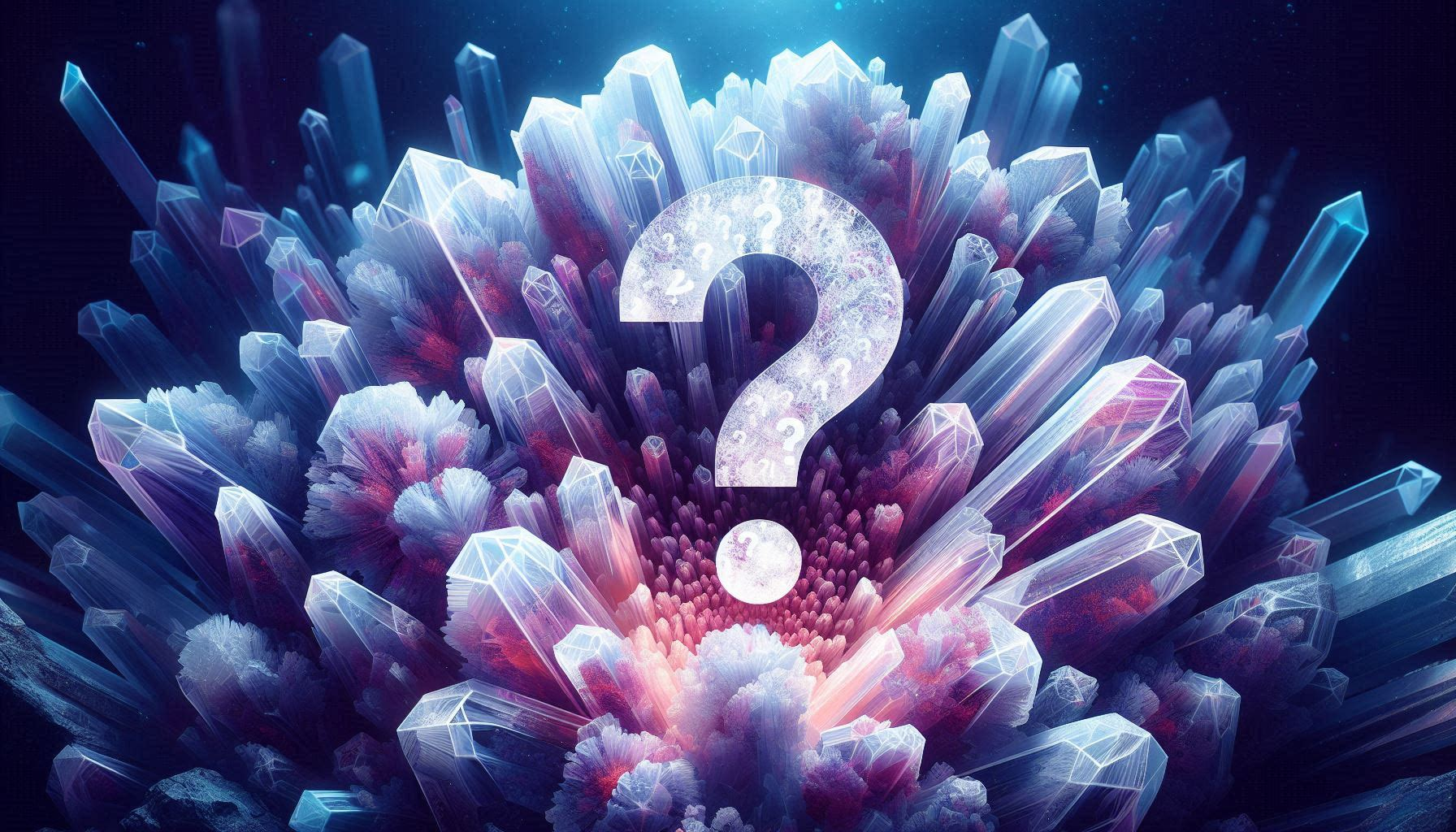What is Anesthesia in Dreams?
An Overview
Anesthesia refers to a state of being insensible or unconscious, typically induced by medical professionals for surgical procedures. However, when this concept appears in dreams, it can have various meanings and interpretations.
In the context of dreams, anesthesia symbolizes a numbing or disconnection from one’s emotions, thoughts, or experiences. It may represent a desire to escape from reality, suppress painful memories, or avoid dealing with difficult situations.
There are several possible explanations for dreaming about anesthesia:
- Emotional numbness: Anesthesia in dreams can signify a lack of emotional response or sensitivity towards a particular situation or person. This might be due to emotional overload, trauma, or a fear of confronting one’s feelings.
- Fear of the unknown: The experience of anesthesia in dreams may also relate to an underlying fear of being out of control or subjected to situations beyond one’s understanding.
- Suppressed desires or memories: Anesthesia can represent a repressed desire, unexpressed emotions, or hidden memories that are being kept beneath the surface of consciousness.
- Necessity for detachment: In some cases, anesthesia in dreams may symbolize the need to disconnect from a situation or relationship to move forward and avoid becoming entangled in emotional turmoil.
The following factors can influence the meaning of anesthesia in your dreams:
The context of the dream: Was you receiving anesthesia for a specific reason, such as surgery or an injury? Or were you giving it to someone else?
Your personal experiences and associations with anesthesia
Any underlying psychological issues or emotional struggles you’re facing in real life
Interpreting dreams about anesthesia requires consideration of these factors and the specific details present in your dream. By examining the context, emotions, and associations surrounding the experience, you may gain a deeper understanding of what it represents for you.
Anesthesia in dreams can be a surreal and unsettling experience, leaving dreamers wondering what it could possibly mean.
Anesthesia in dreams can be a complex and multifaceted phenomenon that elicits both fascination and fear. On one hand, it may represent a sense of disconnection from reality, while on the other, it could symbolize a desperate attempt to escape pain or discomfort.
The term anesthesia refers to a state of numbness or insensitivity to pain, typically induced by medical professionals before surgery or other medical procedures. However, when this concept manifests in dreams, it can take on various forms and interpretations. For instance, you may dream that you’re under anesthesia, feeling weightless and detached from your body, or you could be administering anesthesia to others, highlighting your role as a caretaker or healer.
In some cases, anesthesia in dreams might signify a desire for emotional numbing or avoidance of challenging emotions. You might be trying to cope with stress or anxiety by disengaging from your feelings, much like a patient under anesthesia would temporarily shut down their nervous system. Conversely, dreaming about anesthesia could represent an attempt to break free from the constraints of societal expectations and explore alternative ways of being.
Another angle is that anesthesia in dreams may symbolize the repression or suppression of memories, thoughts, or desires. You might be unconsciously trying to avoid confronting painful experiences or unresolved issues by inducing a state of numbness, much like a patient under anesthesia would during medical procedures.
Fear and anxiety are also common themes when it comes to anesthesia in dreams. You may dream that you’re receiving anesthesia without consent, indicating feelings of powerlessness or being overwhelmed by circumstances beyond your control. Alternatively, you could be administering anesthesia to others as a coping mechanism for dealing with fear or anxiety.
The context of the dream can also play a significant role in determining its meaning. For example, if you dream about being under anesthesia during a medical procedure, it may indicate that you’re feeling overwhelmed by your current situation and need a break from reality to recharge.
It’s essential to consider the emotions and sensations associated with the experience of anesthesia in dreams. Pay attention to whether you feel relieved, anxious, or detached from your body. These emotional cues can provide valuable insights into what your subconscious is trying to communicate about your waking life.
In summary, anesthesia in dreams represents a complex interplay between disconnection, pain avoidance, emotional numbing, repression of memories, and coping mechanisms. By exploring the context, emotions, and sensations surrounding this phenomenon, you may uncover deeper truths about yourself and gain a better understanding of your subconscious mind.
Interpretations of Anesthesia in Dreams
Separation from Reality
Anesthesia dreams can have a range of interpretations depending on the individual and their personal experiences. One possible interpretation is that the dream is related to feelings of disconnection or numbness, either physical or emotional, which may be manifesting in waking life.
On the other hand, some people may interpret anesthesia dreams as a symbol for spiritual or intellectual awakening. In this context, the dream could represent a desire to break free from the constraints of the material world and access higher states of consciousness.
The anesthesia dream can also be seen as a reflection of anxiety or fear related to change or uncertainty in one’s life. This may indicate that the dreamer is struggling with feelings of helplessness, powerlessness, or being overwhelmed by external circumstances.
It’s worth noting that anesthesia dreams can also have personal symbolic meanings depending on individual experiences and emotions. For example, if someone has experienced anesthesia during a medical procedure, their dream may be related to memories or unresolved emotional responses from that experience.
In many cases, anesthesia dreams can represent the desire for separation from reality or a need for escape from the pressures of everyday life. This could manifest as a longing for transcendence or spiritual growth beyond mundane concerns and responsibilities.
Anesthesia dreams may also be associated with loss of control or feelings of being disconnected from one’s own body or emotions, which can evoke fear, anxiety, or confusion in waking life.
Furthermore, anesthesia dreams could signify the emergence of a new aspect of oneself or an awakening to new experiences and perspectives that challenge existing assumptions and worldviews.
The dreamer may need to reflect on their current emotional state and assess whether there are areas where they feel disengaged from reality or disconnected from their own needs and desires. By exploring these aspects, the individual can develop greater self-awareness and work towards integrating fragmented aspects of themselves for a more cohesive sense of identity.
According to Freudian psychoanalysis, anesthesia in dreams may symbolize a disconnection from one’s own emotions or a feeling of emotional numbness. This can be seen as an attempt by the mind to cope with overwhelming feelings or painful memories.
Anesthesia in dreams can be a complex and multifaceted symbol, open to various interpretations according to Freudian psychoanalysis. Below are some possible meanings associated with anesthesia in dreams:
- Disconnection from emotions: According to Freudian theory, anesthesia in dreams may signify a disconnection or separation from one’s own emotions or feelings. This could be an attempt by the subconscious to cope with overwhelming emotional stimuli or painful memories.
- Numbness or denial: Anesthesia can also represent a feeling of numbness or emotional numbness, which might be a defense mechanism against confronting difficult emotions or experiences.
From another perspective, anesthesia in dreams could symbolize a need for control or an attempt to avoid painful sensations. This may be linked to unconscious conflicts or repressed desires that are causing distress:
Lack of control: Anesthesia might signify a desire for escape or avoidance from feelings, situations, or emotional pain.
The role of anesthesia in dreams is often associated with the subconscious mind’s effort to repress painful memories or overwhelming emotions. This can manifest as an attempt to disengage from one’s own emotions or experiences:
Repression: Anesthesia could symbolize a desire to suppress or avoid dealing with certain emotions, conflicts, or experiences.
Anesthesia in dreams may also be linked to an attempt by the subconscious mind to reconnect with one’s own emotional self. This can manifest as a sense of detachment from oneself or others:
Reconnection: Anesthesia might symbolize a need for reconnection, whether it is with oneself, others, or past experiences.
The interpretation of anesthesia in dreams ultimately depends on the individual’s personal context and emotional state. It can serve as a signal that the subconscious mind is attempting to process and cope with overwhelming emotions or painful memories:
Loss of Control
Anesthesia in dreams can have a wide range of meanings depending on the individual’s experiences and emotions, as well as the specifics of the dream itself. At its core, anesthesia in dreams often represents a loss of control or a feeling of being disconnected from one’s body or emotions.
One possible interpretation of anesthesia in dreams is that it symbolizes a desire to escape or numb oneself from the stresses and difficulties of waking life. This can be seen as a coping mechanism for dealing with overwhelming situations, allowing the dreamer to temporarily forget their worries and troubles. However, this avoidance strategy may also suggest underlying emotional issues or unresolved conflicts that need to be addressed.
From another perspective, anesthesia in dreams can signify a feeling of disconnection or separation from one’s emotions, thoughts, or physical sensations. This might occur when the dreamer is struggling with intense emotions, anxiety, or trauma, leading them to dissociate from their experiences as a means of self-protection. In this context, the anesthesia represents an attempt to compartmentalize and distance oneself from the distressing feelings.
Furthermore, anesthesia in dreams may also be linked to themes of surrender, submission, or helplessness. In such cases, the dreamer might be expressing feelings of being overwhelmed by circumstances beyond their control, leading them to fantasize about losing consciousness as a means of escape. This could indicate underlying powerlessness, resignation, or frustration with life situations.
It’s also worth noting that anesthesia in dreams can sometimes be associated with memories or experiences from past surgeries or medical procedures. If the dreamer has undergone anesthesia before, this may influence their subconscious mind to process and integrate these experiences into their waking reality. In such cases, the anesthesia represents a symbolic bridge between past and present, helping the individual to heal, release emotional baggage, or find closure.
Lastly, anesthesia in dreams can be seen as an invitation for self-reflection and introspection. By examining one’s feelings of control, autonomy, and agency in waking life, the dreamer may uncover underlying patterns or issues that are driving their desire for disconnection or escape. This could lead to increased awareness, self-acceptance, and a deeper understanding of oneself.
In summary, anesthesia in dreams can encompass multiple layers of meaning, depending on the individual’s unique experiences and emotions. By exploring these various interpretations, the dreamer may uncover valuable insights about themselves, their desires for control, and their capacity to navigate life’s challenges with greater self-awareness and resilience.
Anesthesia can also be interpreted as a manifestation of fear related to loss of control, highlighting anxieties about being overwhelmed or trapped in a situation.
Anesthesia can also be seen as a manifestation of fear related to loss of control, highlighting anxieties about being overwhelmed or trapped in a situation. This interpretation suggests that the dreamer may be experiencing feelings of powerlessness or vulnerability in their waking life.
From a psychological perspective, anesthesia in dreams can represent a desire for escape or avoidance of difficult emotions or situations. The dreamer may be attempting to numb or anesthetize themselves from the pain or stress associated with a particular event or relationship.
This interpretation is also connected to the idea that anesthesia in dreams can symbolize a loss of connection to one’s emotional self. The dreamer may be experiencing feelings of disconnection or disempowerment, leading them to seek an escape or numbness as a way to cope with their emotions.
In terms of personal growth and healing, anesthesia in dreams can serve as a wake-up call for the dreamer to confront and address their fears and anxieties related to loss of control. By working through these issues, the dreamer may be able to develop greater self-awareness, self-acceptance, and self-empowerment.
It is also worth noting that anesthesia in dreams can have a different meaning depending on the context of the dream. For example, if the dream involves being given anesthetic without consent, it may symbolize feelings of coercion or forced compliance. On the other hand, if the dreamer administers the anesthesia to themselves, it may represent self-soothing or self-medication.
Ultimately, the interpretation of anesthesia in dreams is highly personal and dependent on the individual’s experiences, emotions, and subconscious thoughts. By exploring the underlying symbolism and themes present in the dream, the dreamer can gain a deeper understanding of their psyche and emotions, and develop greater insight into themselves and their place in the world.
Exploring Anesthesia in Dreams Further
Connection to Medical Procedures
Anesthesia dream meaning can be a fascinating and often unsettling experience for those who encounter it. At its core, anesthesia in dreams represents a desire to escape the pain and discomfort of life’s challenges.
However, it can also symbolize a deeper psychological issue, such as repressed emotions or unresolved conflicts, that need to be addressed. Let’s explore this phenomenon further, including its connection to medical procedures and various aspects of our waking lives.
What Does Anesthesia Represent in Dreams?
Anesthesia in dreams can have multiple meanings depending on the context of the dream and the emotions experienced during the encounter. Some possible interpretations include:
- A need to escape or avoid dealing with difficult situations: Anesthesia might symbolize a desire to numb oneself from the pain, stress, or anxiety associated with daily life.
- A fear of losing control or being overwhelmed: The feeling of anesthesia can also represent a sense of detachment or disconnection from one’s emotions and surroundings, leading to feelings of panic or anxiety.
- A hidden fear of medical procedures or treatments: For some individuals, anesthesia in dreams may be associated with fears related to medical interventions, such as injections, surgeries, or other painful procedures.
Connection to Medical Procedures
Anesthesia dreams can sometimes mirror real-life experiences, such as a fear of needles, doctor visits, or hospitalizations. If you’ve had a recent medical procedure or have an upcoming appointment, your subconscious may be processing the anxiety associated with these events through this dream.
In some cases, anesthesia in dreams can also represent a deep-seated fear of loss of consciousness, identity, or control. This can manifest as a recurring nightmare or persistent waking anxiety related to medical procedures or treatments.
Deeper Psychological Significance
Anesthesia dream meaning often taps into the collective unconscious, revealing hidden aspects of our psyche and emotional experiences. By exploring these dreams, we may uncover unresolved conflicts, unexpressed emotions, or repressed memories that need attention and resolution.
Additionally, anesthesia in dreams can symbolize a lack of connection to one’s emotions, body, or surroundings. This can be an invitation to engage more deeply with our inner selves, reconnecting with our physicality and emotional experiences to cultivate greater self-awareness and emotional intelligence.
Cultural and Historical Influences
Anesthesia dream meaning has been influenced by cultural and historical contexts, shaping the way we understand and interpret these dreams. For example:
- In ancient Greece and Rome, anesthesia was associated with mystical experiences, divine revelations, or spiritual journeys.
- During the Victorian era, anesthesia represented a symbol of femininity, fragility, and vulnerability.
These influences have shaped our collective unconscious, making anesthesia dreams a reflection of both personal and cultural anxieties, desires, and experiences.
Conclusion
Anesthesia dream meaning is multifaceted and complex, reflecting various aspects of our waking lives. By exploring these dreams, we can gain insight into our subconscious fears, desires, and emotional experiences. Whether related to medical procedures or deeper psychological issues, anesthesia in dreams invites us to confront our inner selves and engage more deeply with our emotions, body, and surroundings.
Dreams about anesthesia may sometimes have a more literal interpretation, reflecting feelings of detachment or disconnection from the world around us. This can be especially relevant for those who have experienced medical procedures involving anesthesia in waking life.
Anesthesia dreams can be a complex and multifaceted topic, with various interpretations depending on the individual’s personal experiences and emotions. When we delve into the realm of anesthesia in dreams, it’s essential to consider both literal and symbolic meanings.
Literally, anesthesia dreams may reflect feelings of detachment or disconnection from our waking lives. This can manifest as a sense of numbness, apathy, or emotional distance towards people, situations, or activities that once held significance. These emotions can stem from various sources, such as burnout, trauma, or stress, causing individuals to feel disconnected and numb.
For those who have undergone medical procedures involving anesthesia in their waking lives, dreams about anesthesia may serve as a manifestation of unresolved emotional issues related to the experience. This could be a reflection of unprocessed emotions, anxiety, or fear associated with the procedure, which are still present in the subconscious mind.
Symbolically, anesthesia dreams can represent a desire for escape or avoidance from life’s challenges and difficulties. In this sense, anesthesia becomes a coping mechanism, allowing individuals to temporarily disconnect from their problems and responsibilities. This interpretation may be particularly relevant for those who feel overwhelmed by stress, anxiety, or trauma.
Another symbolic interpretation of anesthesia dreams is the notion of spiritual disconnection or disengagement from one’s higher self. In this context, anesthesia represents a blockage or numbness to intuition, creativity, and inner wisdom. This can manifest as a feeling of being disconnected from one’s values, passions, or life purpose.
Lastly, anesthesia dreams may also signify a need for introspection and emotional processing. By examining the underlying emotions and experiences that led to the dream, individuals can gain insight into areas where they feel disconnected or numb. This introspection can help facilitate healing, growth, and reconnection with oneself and others.
Ultimately, the meaning of anesthesia dreams is highly personal and dependent on individual experiences, emotions, and perspectives. By exploring the symbolic and literal interpretations, individuals can tap into their subconscious mind, process unresolved emotions, and cultivate a deeper understanding of themselves and their place in the world.
Possible Connection to Mental Health
The phenomenon of anesthesia appearing in dreams has piqued the interest of many, with some people wondering if there’s a hidden message behind it. To delve deeper into this topic, let’s explore what anesthesia might symbolize in our dreams and its potential connection to mental health.
When we dream about being under anesthesia, it could represent a feeling of disconnection or detachment from our emotions and thoughts. Anesthesia is often associated with numbness, a loss of sensation, which might translate to a desire for escapism from the stresses of waking life.
Another possible interpretation is that anesthesia in dreams signifies a suppression of one’s true feelings or desires. This could be due to fear, guilt, or shame, leading to a sense of emotional paralysis. In this context, the dream may be urging us to confront and address these underlying issues.
Some research suggests that anesthesia in dreams might be linked to anxiety and depression. People with mental health conditions often experience numbness or emotional disconnection as part of their symptomatology. Dreams about anesthesia could reflect this inner struggle and serve as a wake-up call for self-reflection and healing.
It’s also worth noting that anesthesia can represent the fear of losing control or being overwhelmed by external circumstances. In dreams, it may symbolize a desire to retreat from challenging situations or relationships, indicating a need to develop coping strategies and assert one’s boundaries.
The connection between anesthesia in dreams and mental health could be further explored through personal reflection and journaling. By examining our own emotional responses to anesthesia in dreams, we can gain insight into our subconscious mind and uncover underlying patterns and triggers.
Ultimately, anesthesia in dreams encourages us to confront the complexities of our minds and emotions. It may signify a need for self-care, stress management, or seeking professional help when navigating mental health challenges. By exploring the depths of anesthesia in dreams, we can tap into our inner world and cultivate greater empathy, self-awareness, and emotional resilience.
In conclusion, anesthesia appearing in dreams serves as a symbolic representation of our internal struggles with emotions, control, and connection. Its possible link to mental health highlights the importance of acknowledging and addressing these issues through personal growth, self-reflection, and therapeutic support.
Anesthesia dreams could also indicate underlying emotional pain or anxiety related to past traumas, requiring the dreamer to confront and address these issues head on.
Anesthesia dreams can be a reflection of the dreamer’s desire to escape or numb their emotions, possibly due to unresolved emotional pain or trauma from the past. These dreams may indicate that the individual is struggling to cope with stressors in their waking life and are seeking a temporary reprieve.
On the other hand, anesthesia dreams can also suggest that the dreamer is developing a coping mechanism to deal with overwhelming situations. They may be learning to “put themselves under” when faced with challenges, allowing them to temporarily disconnect from their emotions and re-group before addressing the issue at hand.
Furthermore, anesthesia dreams could signify that the individual is avoiding confrontation or taking action towards a problem. This avoidance behavior can be rooted in fear of facing uncomfortable truths about oneself or others.
In some cases, anesthesia dreams may represent a form of escapism from reality. The dreamer might be trying to avoid dealing with difficult emotions, situations, or people, instead opting to temporarily disconnect from the world around them.
The frequency and intensity of anesthesia dreams can provide insight into the underlying causes of these nightmares. If such dreams are recurring and intense, it may indicate unresolved emotional pain or anxiety that needs to be addressed in waking life.
Confronting and resolving the issues that lead to anesthesia dreams is crucial for the individual’s mental health and well-being. By acknowledging and addressing past traumas or present-day stressors, they can begin to heal and develop more adaptive coping mechanisms.
This process may involve seeking professional help from a therapist or counselor who can guide the dreamer in confronting their emotions and developing strategies to manage anxiety and pain. Alternatively, individuals may choose to engage in self-help practices like journaling, meditation, or yoga to cultivate greater emotional awareness and resilience.
Ultimately, anesthesia dreams serve as a reminder that our minds and bodies are interconnected, and that unresolved emotional pain can manifest in various forms. By acknowledging and addressing these underlying issues, we can work towards healing, growth, and improved overall well-being.
- Buying Fish Dream Meaning: What Does Buying Fish Represent In Your Dream? - September 16, 2024
- Banjo Dream Meaning: What Does A Banjo Mean In Your Dream? - September 15, 2024
- Band Dream Meaning: What Does It Mean In Your Dream? - September 15, 2024







